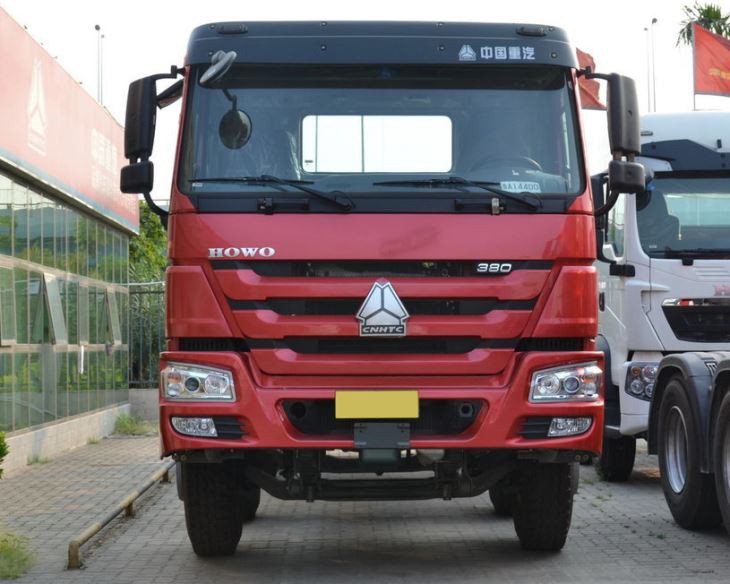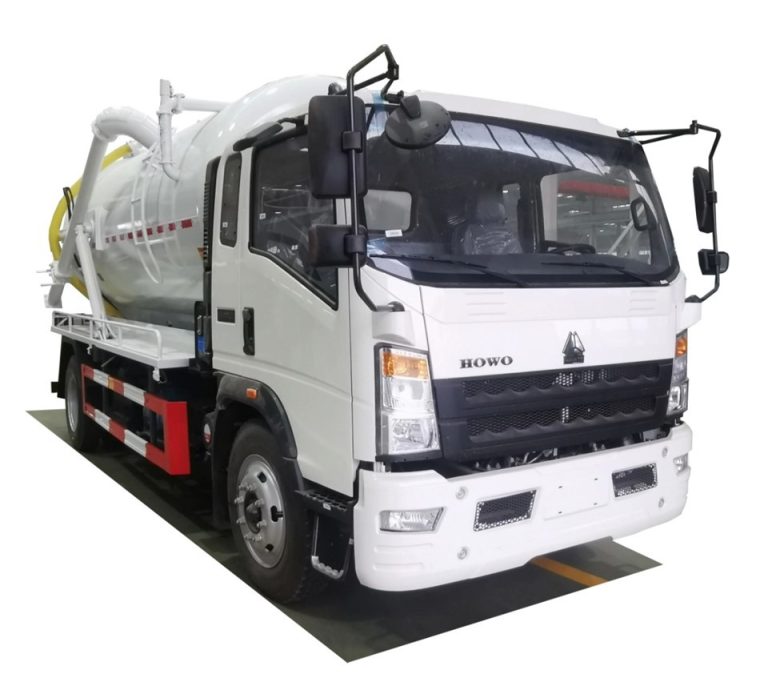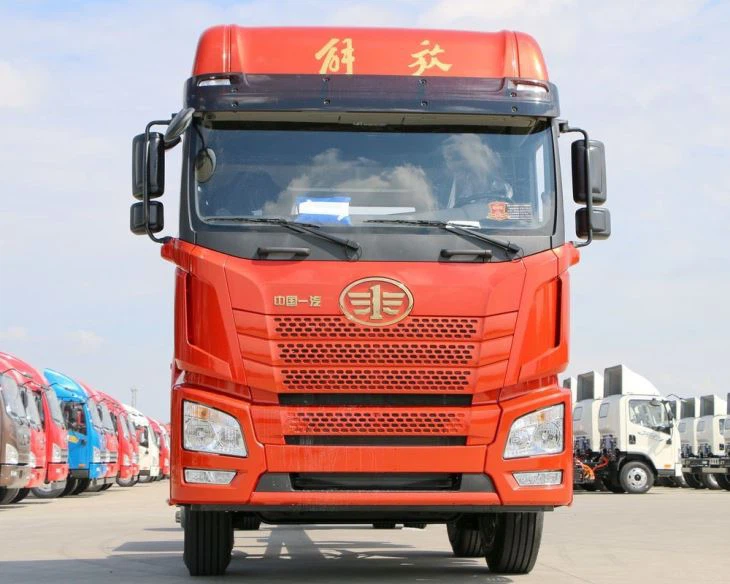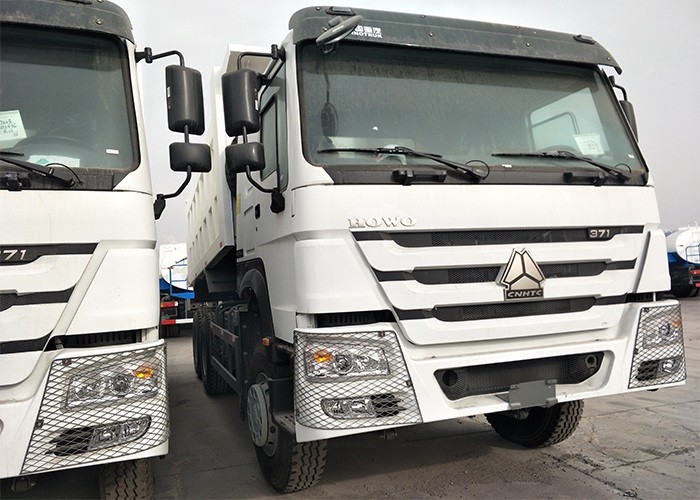In the world of logistics and transportation, the 18 tonne lorry plays a pivotal role. These vehicles, often referred to as HGVs (Heavy Goods Vehicles), are essential for transporting goods across various distances. In this article, we will explore everything related to 18 tonne lorries, from specifications and benefits to regulations and practical usage tips.
What is an 18 Tonne Lorry?
An 18 tonne lorry is a commercial vehicle designed to carry a maximum payload of 18,000 kilograms (approximately 39,683 pounds). These vehicles are commonly used for various applications in the transportation industry, making them versatile and essential for businesses involved in logistics and freight transport.
Specifications of an 18 Tonne Lorry
Dimensions
The standard dimensions of an 18 tonne lorry vary depending on the model and manufacturer. However, on average, you can expect the following dimensions:
| Dimension | Measurement |
|---|---|
| Length | 7.5 to 9.5 meters |
| Width | 2.5 meters |
| Height | 2.9 to 4.5 meters |
Engine and Performance
Most 18 tonne lorries are equipped with diesel engines ranging from 150 to 300 horsepower. This allows them to navigate various terrains while providing ample power for transporting heavy loads.
Types of 18 Tonne Lorries
There are various types of 18 tonne lorries, each designed for specific transportation needs:
- Box Lorries: Enclosed for protection against weather conditions.
- Flatbed Lorries: Designed for transporting large or heavy items with ease.
- Refrigerated Lorries: Equipped with a cooling system for transporting perishable goods.
- Tipper Lorries: Used for unloading materials such as gravel or sand easily.
Advantages of Using an 18 Tonne Lorry
Utilizing an 18 tonne lorry presents several benefits for businesses and logistics companies:
Cost Efficiency
These lorries offer a good balance between capacity and operational costs. They can carry heavy loads without incurring excessive fuel costs associated with larger trucks.
Versatility
18 tonne lorries can be used for various applications, making them adaptable to different business needs. Whether you need to transport furniture, building materials, or refrigerated goods, there’s a suitable lorry configuration available.
Ease of Maneuverability
Compared to larger lorries, 18 tonne lorries are easier to maneuver in urban settings and tight spaces. This advantage makes them perfect for city deliveries and distribution jobs.
Regulations and Licensing for 18 Tonne Lorries
Driving an 18 tonne lorry comes with specific regulations that must be adhered to. Understanding these regulations is essential for ensuring safe operations.
Licensing Requirements
To operate an 18 tonne lorry, a driver typically needs a category C driving license. This license allows drivers to operate rigid lorries over 3.5 tonnes, which includes 18 tonne vehicles.
Weight Restrictions and Compliance
It’s crucial to adhere to local weight restrictions imposed by law. Failing to comply can result in hefty fines, penalties, or even vehicle impounding. Regular checks should be conducted to ensure you’re operating within legal limits.
Driver Qualifications
Aside from having the appropriate license, drivers should undergo specific training. Many companies prefer drivers with a Certificate of Professional Competence (CPC) to ensure safety and compliance with transport regulations.
Maintenance and Care for 18 Tonne Lorries
Proper maintenance is crucial for keeping an 18 tonne lorry in optimal condition. Regular upkeep not only extends the life of the vehicle but also ensures safety and reliability on the road.
Regular Inspections
Routine inspections should be carried out to check critical components such as brakes, lights, tires, and engine oil levels. Establishing a regular inspection schedule can prevent severe issues down the line.
Common Maintenance Tasks
- Changing engine oil and filters.
- Checking and replacing brake pads and discs.
- Ensuring tires are properly inflated and tread depth is adequate.
- Inspecting and maintaining the cooling system to prevent overheating.
Professional Assistance
While some maintenance tasks can be performed in-house, it’s advisable to consult with professional mechanics for complex issues. Regular servicing by qualified technicians can help identify potential problems before they escalate.
Fuel Efficiency and Environmental Considerations
As with all vehicles, fuel efficiency plays a significant role in operational costs for 18 tonne lorries. Additionally, there is an increasing emphasis on reducing environmental impact.
Improving Fuel Efficiency
Several factors can influence fuel efficiency in 18 tonne lorries:
- Driving Behaviour: Smooth driving techniques can greatly improve fuel economy.
- Load Management: Ensuring optimal load distribution helps achieve better fuel efficiency.
- Aerodynamics: Investing in aerodynamic features can reduce drag and improve fuel consumption.
Adopting Eco-Friendly Practices
Many companies are adopting practices to minimize their carbon footprint:
- Using biofuels or alternative energy sources where feasible.
- Implementing route optimization software to reduce unnecessary travel distances.
Choosing the Right 18 Tonne Lorry for Your Business
Selecting the right 18 tonne lorry involves several considerations. Here are practical tips to guide your decision-making process:
Assess Your Needs
Consider the type of goods you are transporting and the common routes you take. The design and features of the lorry should align with your specific requirements.
Compare Models and Manufacturers
Research different models from various manufacturers. Consider factors like reliability, warranty, and after-sales service.
Test Drive
Whenever possible, conduct a test drive to get a feel for the vehicle’s performance and handling. This practical experience can provide valuable insights that specifications alone cannot offer.
FAQs About 18 Tonne Lorries
1. What is the maximum payload an 18 tonne lorry can carry?
The maximum payload for an 18 tonne lorry is 18,000 kilograms (39,683 pounds), which includes the weight of the cargo and any additional equipment.
2. Do I need a special license to drive an 18 tonne lorry?
Yes, a category C driving license is required to operate an 18 tonne lorry legally.
3. What are the common uses of an 18 tonne lorry?
These lorries are commonly used for deliveries, transporting goods like furniture, building materials, and refrigerated items.
4. How can I improve the fuel efficiency of my 18 tonne lorry?
Improving driving habits, ensuring proper load management, and maintaining good aerodynamics can enhance fuel efficiency.
5. What maintenance is required for 18 tonne lorries?
Regular inspections, oil changes, brake assessments, and tire checks are essential for keeping the lorry in top condition.
6. Are there specific regulations for 18 tonne lorries?
Yes, drivers need to comply with local weight restrictions and hold a valid category C license. Additionally, training and certifications, like CPC, might be required.



